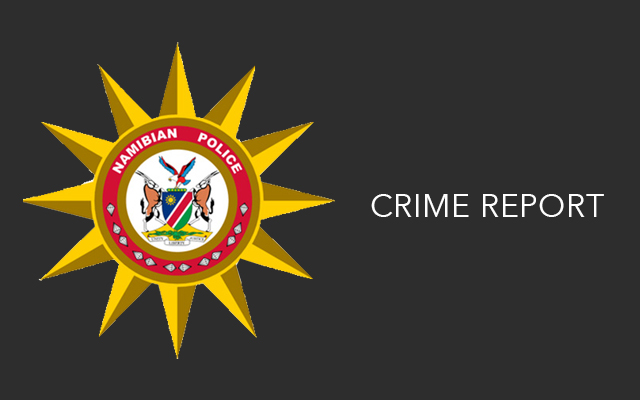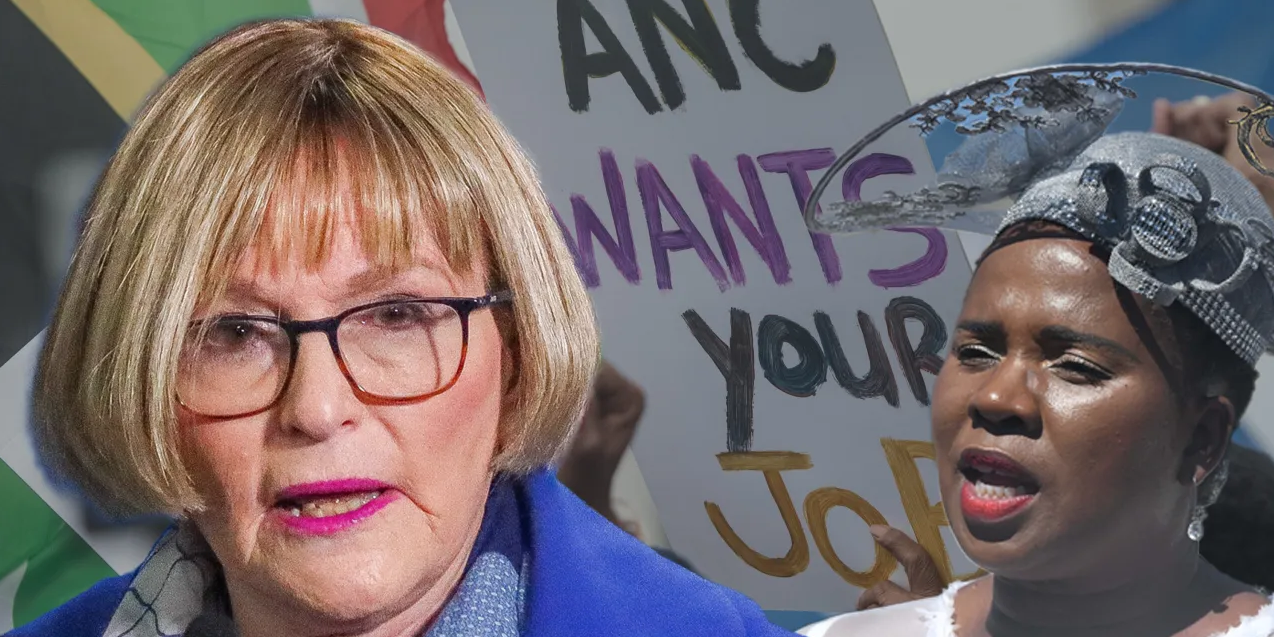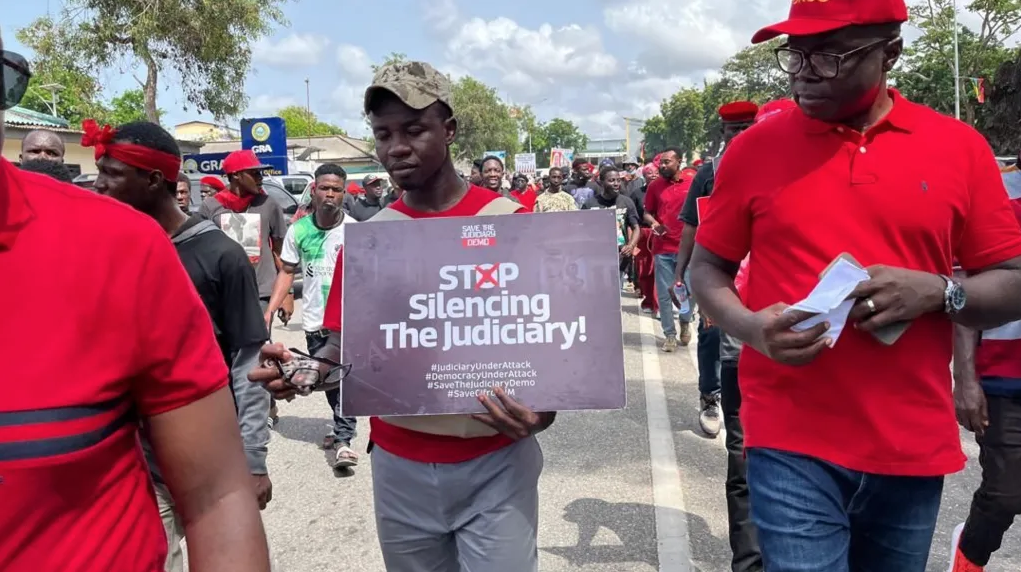THE Governor of the Bank of Namibia, Tom Alweendo, this week warned that Namibia is on the brink of a recession as the global economic crisis increasingly takes its toll on diamond mining and tourism in this country.
At the same time BoN adjusted its forecast for economic growth this year to a mere 0,4 per cent, and said it may have to review this figure again later in the year as the world economic meltdown continued to claim casualties.
Alweendo’s grim prediction is mirrored by those of other financial analysts; and while President Hifikepunye Pohamba in his state of the nation address this week did not make any dire forecast, he did say that the level of economic growth remained low.
It is common knowledge that the situation with regard to Namdeb, which provides 50 per cent of the country’s Gross Domestic Product (GDP), is one which has strong risk of a knock-on effect.
While Government can presently withstand the consequences of the Namdeb three-month production holiday (with associated non-payment of taxes by the company over this time) what is more worrying is the effect on smaller companies which rely on work from the diamond giant.
The country’s present resilience is largely as a result of SACU income, and our banking system is fortunately a conservative one, so we are not as vulnerable as banks abroad.Tourism is also affected by the global downturn, and so Namibia must do what it can to continue to attract visitors, because this in turn can help withstand the impact of recession. If we need to do so, we must look at making ourselves more attractive as a destination making it more affordable and safe for tourists to come here.The Bank of Namibia has already reduced the interest rate to counter recessionary effects in Namibia, but individual Namibians (and indeed companies and businesses and most crucially Government) need to learn to live within their means to counter the worst excesses of recession.
We all know that in tough economic times, it is the poor who are hit first and hit hardest, and so we do need to be cognisant that life will get a lot worse for many of our people.
The affluent may have less as a result of the recession, but they will still have enough, which is not the same as the poor getting poorer.
Our country must be creative in thinking of ways and means to counter the recession. There is already a strong resistance to bailouts, given the international experience in this regard. The horrific abuse on the part of company executives, particularly in the banking sector abroad, who have enriched themselves further at the expense of hard-pressed taxpayers. We certainly do not want to go that route.But there are things that can be done to counter the worst effects of economic recession.
Business and companies and Government itself must, as a matter of necessity, cease any unnecessary expenditure and perhaps also consider salary freezes in the higher-paid category of their management cadre.Workers must be aware that times will get harder and need to up their productivity because it may eventually be a case of the survival of the fittest in both the business and labour sectors.
Similarly, individuals must be sure to try to live within their means. They must shun credit and should not borrow money for any purpose other than acquiring assets, such as homes. But gratuitous spending and luxury holidays and purchases should be held in abeyance until there is an economic turnaround.
Everyone must ensure they live within their means, even if it means tightening the belt. If it is possible to save money, then people should also try to do so.
There are many things we can do to counteract the worst effects of recession, but ‘cutting the fat’ is quite obviously the first and best way to go, whether it be Government, private business or the consumer.
Waste cannot and should not be tolerated in a time like this, and the media should also do what they can to expose those who are frittering away and/or stealing our resources, which are more precious at this time than ever before.
Stay informed with The Namibian – your source for credible journalism. Get in-depth reporting and opinions for
only N$85 a month. Invest in journalism, invest in democracy –
Subscribe Now!










